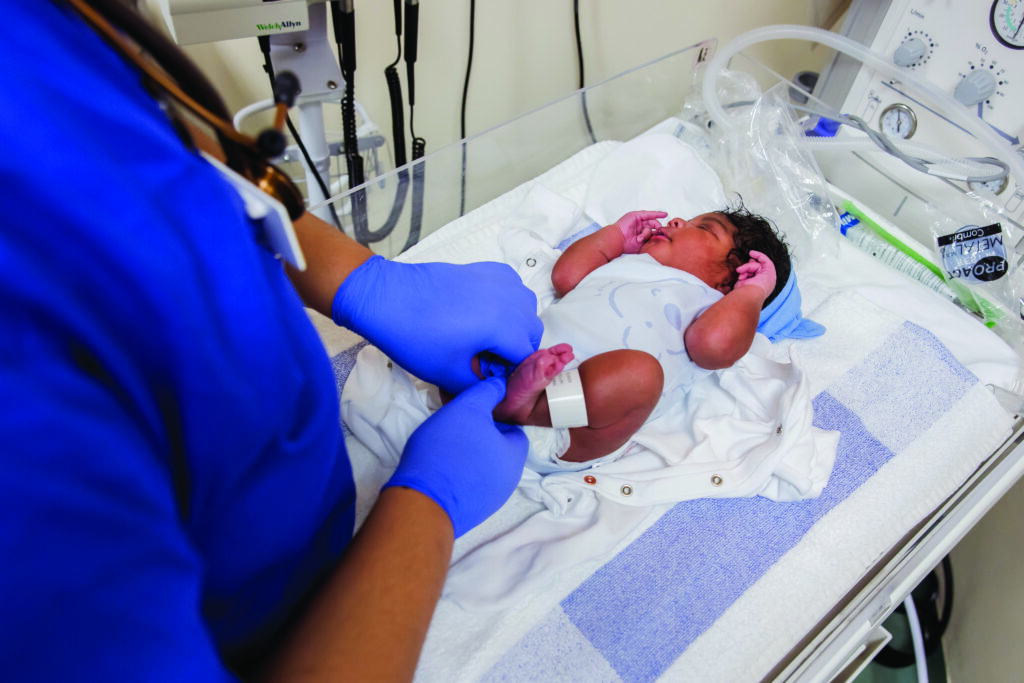The Royal College of Midwives (RCM) is calling for more flexible working in the NHS to boost retention of midwives, maternity support workers (MSW) and other staff. This comes in an RCM motion to the TUC Congress today.
Staff are leaving the NHS in part because they do not have access to flexible working, and this must be addressed to stop the exodus of staff from the NHS says the RCM.
“Allowing more staff greater flexibility – such as working set days or reduced hours – will boost retention and help to stop the exodus of midwives and other staff. This is especially relevant to women who make up most midwives and MSWs and the majority of the NHS workforce. Women also often have responsibility to care for children or elderly parents,” said Alice Sorby, Director for Employment Relations at the RCM. “We must be doing all we can to support them to stay in their jobs. This means increasing the numbers who want to work flexibly. The NHS has got to adapt if it wants to keep these valuable staff that it cannot afford to lose.”
In theory NHS staff have access to flexible working following new rules introduced last year. However, the RCM says that too often requests for flexible working are being refused. In an RCM survey of its members last year 67% said they might stay or return to work in the NHS if there were greater opportunities to work flexibly. Worryingly says the RCM, over a third who asked to work flexibly had their request rejected.
NHS workforce figures show that England are down by over 500 midwives in the past year on top of a longstanding and serious shortage of over 2000 midwives. Staffing pressures in other UK countries are also growing, with demands increasing and staffing numbers not rising to offset this.
“The NHS is cutting of its nose to spite its face. In the middle of a maternity workforce crisis every avenue to keep staff in their jobs should be explored and utilised. The rules are in place to allow flexible working and employers must start to use them. This brings benefits for the employer, for staff, and ultimately for the people they care for,” said Alice Sorby. “More flexibility will also make the NHS more attractive for those considering becoming a midwife or working as an MSW. Allowing more flexible working is a must do for the NHS, not a might do or could do.”
There is RCM guidance around flexible working for midwives and MSWs. This sets out the regulations around flexible working, how to go about applying for it, and steps to take if facing problems or obstacles. There are also several possible scenarios that staff, and employers might face, with possible courses of action to solve them.
The RCM is also seconding three other motions at the TUC Congress. One from the British Dietetic Association on health inequalities, and two from the Chartered Society of Physiotherapy on reasonable adjustment passports and the NHS recruitment and retention crisis.
The RCM guidance on flexible working can be read at flexible-working-guidance3.pdf (rcm.org.uk).
See the NHS Staff Council publish guidance on flexible working for NHS line managers and staff at New flexible working guides for line managers and staff | NHS Employers.
See also More flexible working will support staff retention says RCM
See also Flexible working updates come on stream (rcm.org.uk)
See also RCM warns of midwife exodus as maternity staffing crisis grows.


